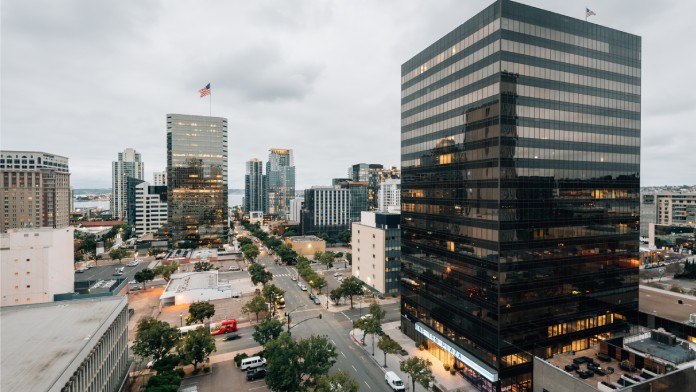Expert Insights
I never fully understood the link between addiction and homelessness until I moved to San Diego for work. I’d seen homeless people in my home state, but never anything like this. The bridges downtown were covered by tents that were occupied by multiple people (and usually a dog). In a short matter of time, I saw my share of drunken fights between homeless men, I saw a co-worker assaulted by a homeless man who was offended she offered to buy him breakfast instead of giving him cash, and I learned how to step over two men who constantly passed out in front of our office door right before lunch. But I was also very confused as to why so many addicted members of the homeless population refused to take advantage of the wealth of free treatment and recovery services offered by San Diego and California as a whole. I even asked some generational locals about it; I was told there are “too many rules they’d have to abide by – they don’t want to do it.” Despite the beauty of San Diego, the willing nature of the public to help, and the hundreds of millions of dollars poured into helping a population that desperately needs it, addiction rates and homeless rates never improved during the nearly five years I spent on the West Coast.
~ Nikki Seay
How Much Does Drug Rehab Cost in San Diego?
California as a whole is ranked 23rd nationwide in terms of addiction treatment affordability, with an average cost of drug and alcohol rehab of $56,654 (without insurance).
- Medical detox is the most expensive, with an average cost of $139,673
- Long-term inpatient drug rehab in California costs an average of $49,994
- Outpatient addiction treatment in California costs an average of $8,307
- Outpatient methadone treatment is the most affordable, with an average cost of $7,381
San Diego’s cost of living is 3% higher than the average for California, so you can expect the cost of addiction treatment in San Diego to be comparable to the state averages.
San Diego Alcohol and Drug Use Statistics
Here are additional statistics about San Diego County drug and alcohol use for people aged 12 and older from the study year:1

Over 24% of San Diego’s residents admit to engaging in binge drinking

Over 15% used at least one illicit drug, including heroin, cocaine, hallucinogens, and prescription opioids (nonmedically)

Over 5% engaged in nonmedical use of prescription opioid painkillers that were not prescribed

Over 11% of all San Diegans admit to using marijuana
There were 532 deaths caused by heroin, alcohol, and other illicit drugs in San Diego County in 2019.2
Resources
- SANDAG – SANDAG Home. (n.d.). SANDAG Home.
- FindTreatment.gov. (n.d.). FindTreatment.gov.
- Substance Abuse and Mental Health Services Administration. (Rev. 2012). Substance Use and Mental Disorders in the San Diego-Carlsbad-San Marcos MSA. The National Survey on Drug Use and Health (NSDUH) Report: Metro Brief.
- San Diego Prescription Drug Abuse Task Force. (2020). 2020 Report Card.
- Substance Abuse and Mental Health Services Administration, Center for Behavioral Health Statistics and Quality. (2021). Treatment Episode Data Set (TEDS): 2019. Admissions to and Discharges From Publicly Funded Substance Use Treatment.
- United States Health and Human Services Department. (Dec. 2021). New HHS Study Shows 63-Fold Increase in Medicare Telehealth Utilization During the Pandemic.
- Drug Policy Alliance. (2013). Understanding California’s 911 Good Samaritan Law.
- California Legislative Information. (2021). Bill Text.



